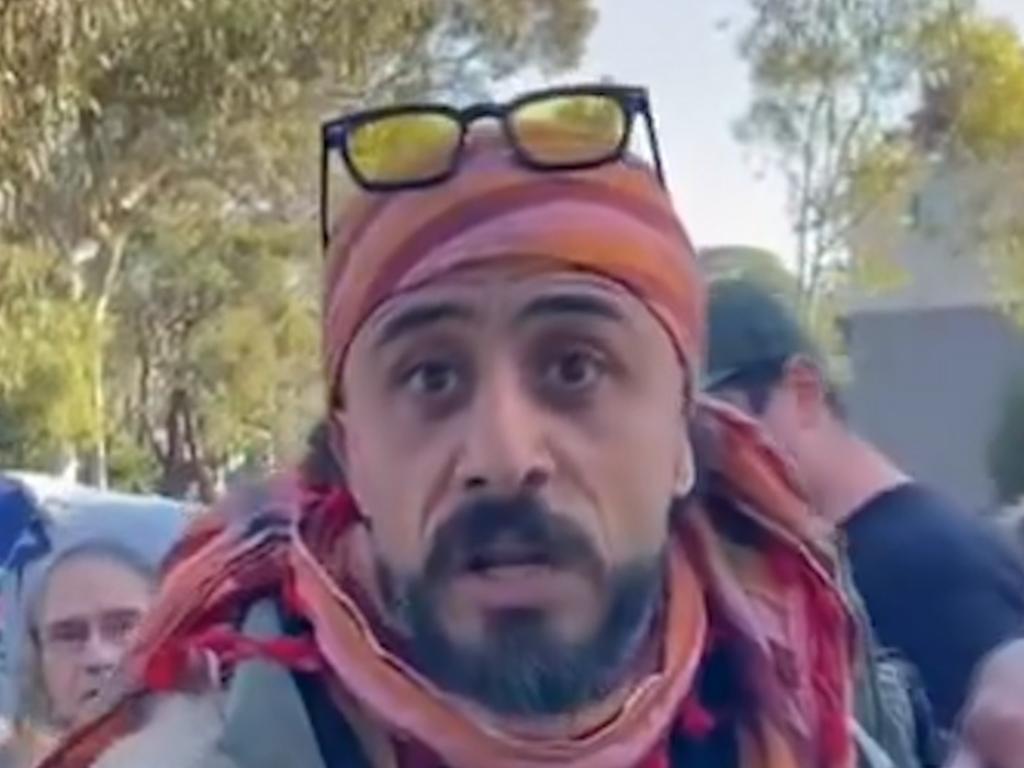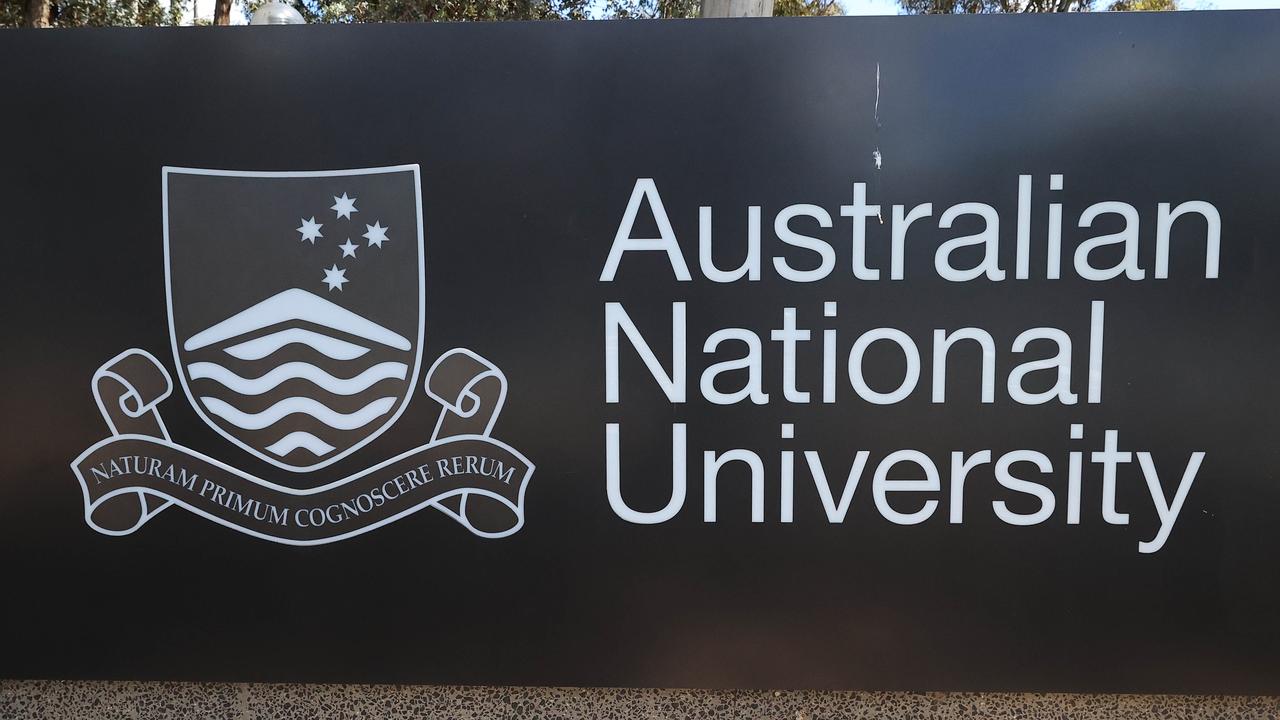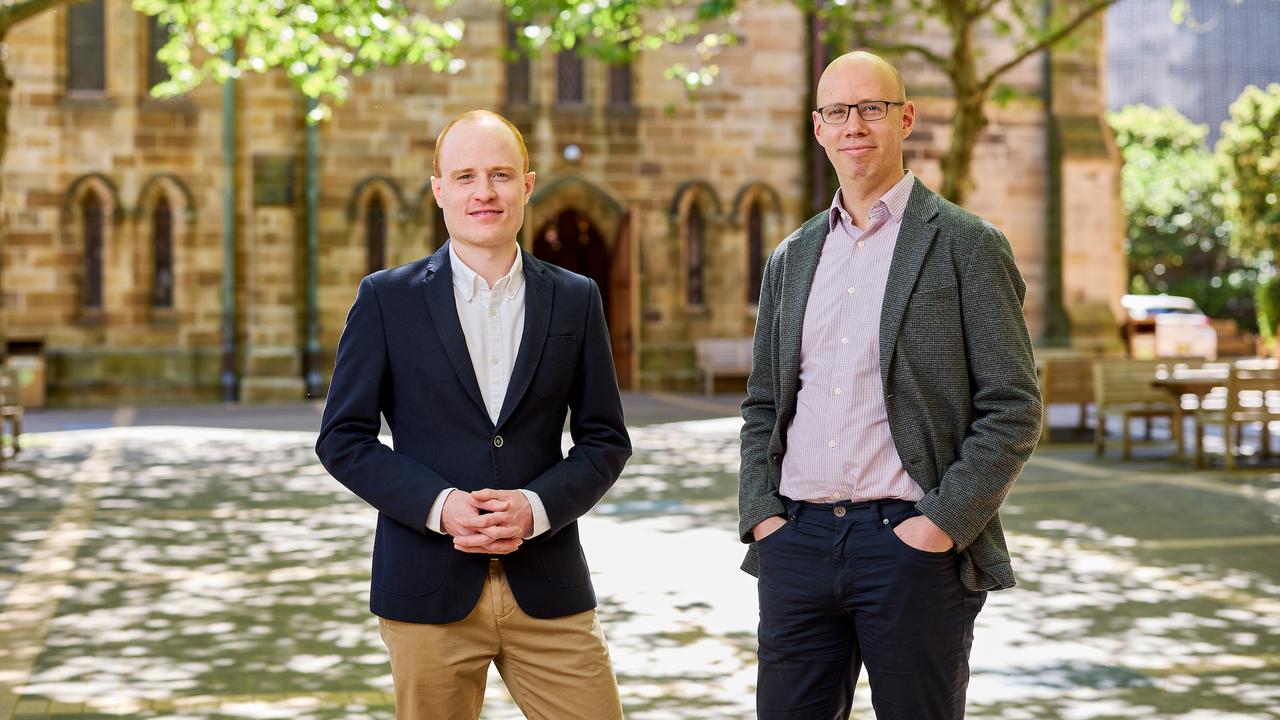Universities must confront the challenges of a ‘decade of disorientation’: Thodey
From anti-Semitism to financial challenges and technological change, new University of Sydney chancellor David Thodey has warned of a ‘decade of disorientation’ for tertiary education.
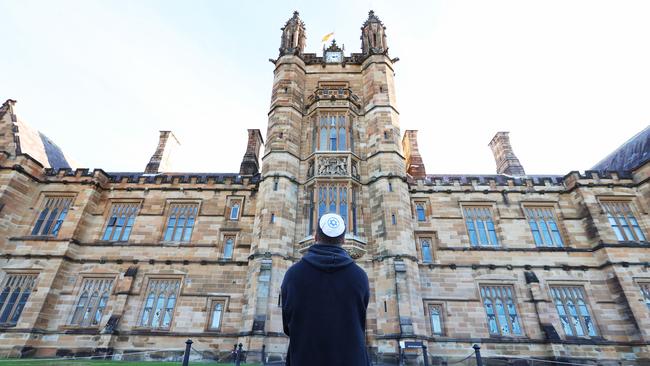
The university sector is facing some significant challenges and is under scrutiny in the media and in politics in a way that is perhaps without precedent.
We have seen the unacceptable rise of anti-Semitism on our campuses and in our society – and the recent launch of the federal Senate inquiry into anti-Semitism on university campuses.
The federal parliament is considering legislation that could have significant educational and economic costs for the nation.
Following decades of under-investment in the university system – by both sides of politics – some of the proposed policy changes on international student numbers threaten to have an adverse effect on Australia’s universities, let alone our standing as a nation that welcomes and values different skills and perspectives from around the world.
Both of these issues present significant challenges for us and the entire university sector.
We could be “entering a decade of disorientation”, to quote a recent report from our Business School.
We are dealing with geopolitical, economic and climate instability that together make for a complex and confronting outlook.
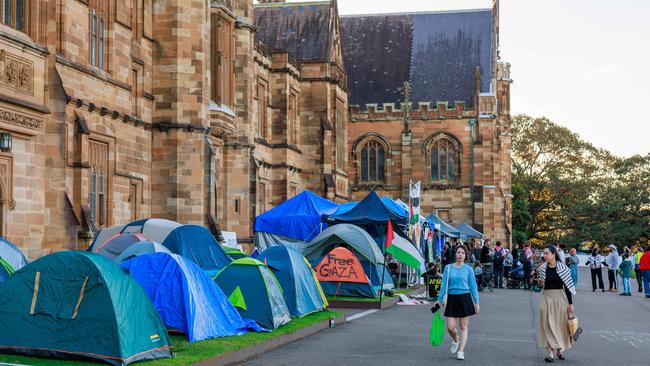
Technology is causing fragmentation of information and polarisation of views that is contributing to inequality.
Commentary on social media isn’t held to the same standards as in traditional media, and Gen AI is changing the way we live, work and learn.
All of this is having an impact on the geopolitical, economic and environmental uncertainties.
But think about the opportunities it brings to reinvent ourselves: greater accessibility of technology and information is helping to shrink the world and enabling collaboration on a scale and speed we’ve not seen before.
For Australia’s political, business and academic communities, these changes give us a fresh opportunity to tackle the tyranny of distance and to nurture new sectors that will help increase the complexity of our economy and become less reliant on the resources sector.
So how can we respond to this changing world?
First of all, we must remain true to our purpose. We must ensure we are preparing the young people of this country – and now those who join us from overseas – to be effective leaders in an increasingly complex and digital world.
Second, we need to ensure that our research is both helping to inform the development and use of these new technologies. And just as the SILLIAC computer helped to transform research in the 1950s and 60s, we must reap the benefits of new technologies as we continue to invest in research across our faculties and flagship multidisciplinary initiatives.
Remember, universities invest in research with a singular goal: to advance our understanding of the world and address its most pressing challenges for the greater good. The work that happens here and on campuses around the country plays an essential role in helping us all lean into the big issues we face.
Lastly, we must focus on what technological advances mean for the university in the here and now. We must recognise that sometimes the legacy of being the country’s oldest university has held us back. Many of our staff and students feel that our processes and systems – which have evolved over many, many decades – get in their way.
We want our students to be challenged here – but challenged by the rigour of their education, not because of the complexity of our administration. Similarly, we want our academics to excel because of the support we provide them, not despite it.
Second, the strategy inspires us as it talks about “being better” – not the best. And while we certainly want to stand among the world’s top universities in terms of our academic excellence, if we are to get there – and stay there – we must continually aspire to be better. The moment we think we are the best, we will slip.
As we contemplate ever-accelerating change, our opportunity is not simply to master the new rules of the game in how this or that technological innovation might apply to education, or research, or to the administration of the university – but to be able to adapt quickly enough to new situations as they unfold. We need to have a mindset that is always ready to adapt and change.
This is an edited version of chancellor Mr Thodey’s inaugural address to the University of Sydney on Monday night.


